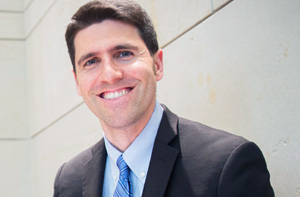Named after the North Star, an historical symbol of freedom, Polaris is leading a survivor-centered, justice- and equity-driven movement to end human trafficking. Since 2007, Polaris has operated the U.S. National Human Trafficking Hotline, connecting victims and survivors to support and building the largest known dataset on human trafficking in North America. This experience informs strategies that hold traffickers accountable, support survivors on their healing journeys, and address the vulnerabilities that enable the business of stealing freedom for profit.
Polaris works to prevent sex and labor trafficking and support victims and survivors as they restore their freedom. Its work is based in deep respect for survivor experience and aims to transform the root causes that make people vulnerable to exploitation. Ultimately, Polaris envisions a more just and equitable society where every human has the freedom to choose how they live and work.
Through Direct Response, Research & Intelligence, and Campaigns & Public Engagement work, Polaris catalyzes survivors, service providers, law enforcement, community partners, government policymakers, political leaders, private sector institutions, and media and social influencers toward systems changes to transform the conditions that enable trafficking.

Former Chief Executive Officer, Polaris
Bradley Myles currently serves as CEO of Polaris, a global leader in the fight to eradicate human trafficking and to restore freedom to survivors. For fifteen years, he has devoted himself to combating human trafficking and modern slavery on a local, national, and global scale. Under Bradley’s leadership, the Polaris-operated National Human Trafficking Hotline (NHTH) has become the U.S.'s core anti-trafficking nerve-center that connects survivors of all forms of human trafficking to nationwide services to get help and stay safe while equipping the anti-trafficking community with actionable tips and data-driven insights. Since Bradley became CEO of Polaris in 2010, he has led the organization in its work to strengthen anti-trafficking hotline coverage globally, conduct in-depth data analysis to understand where and how human traffickers operate, and develop multi-layered and multi-stakeholder interventions to disrupt, prevent, and eliminate specific human trafficking networks and types.


